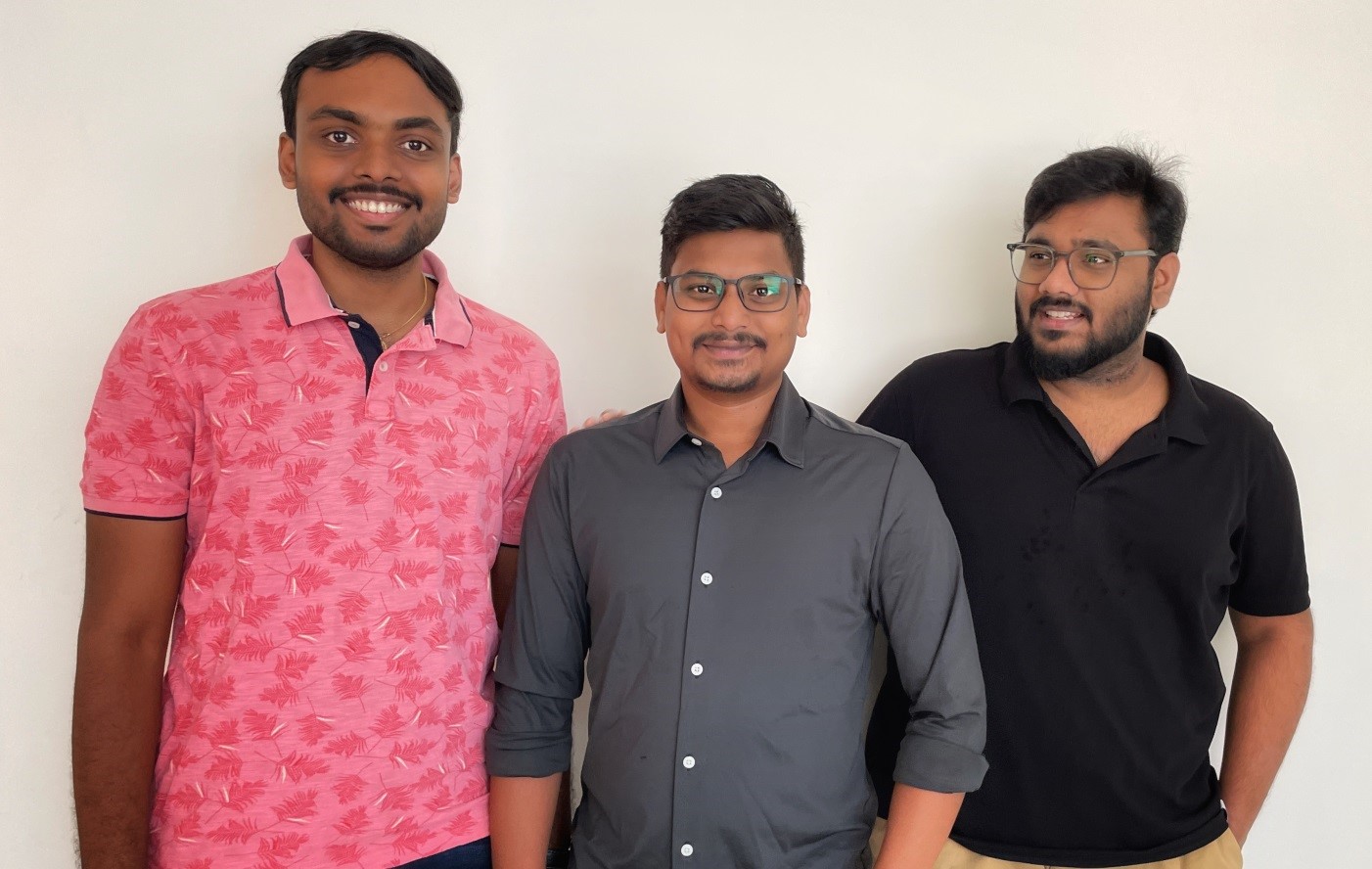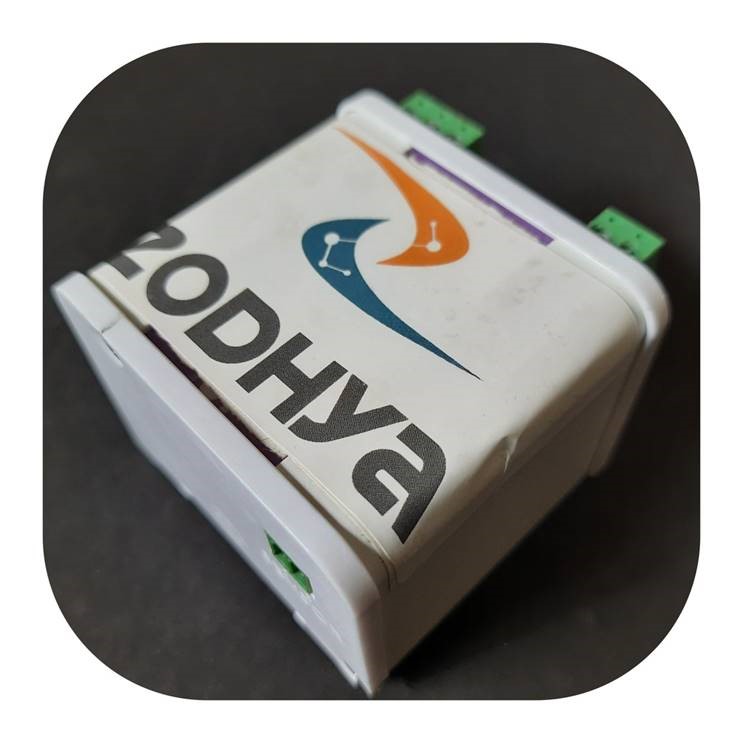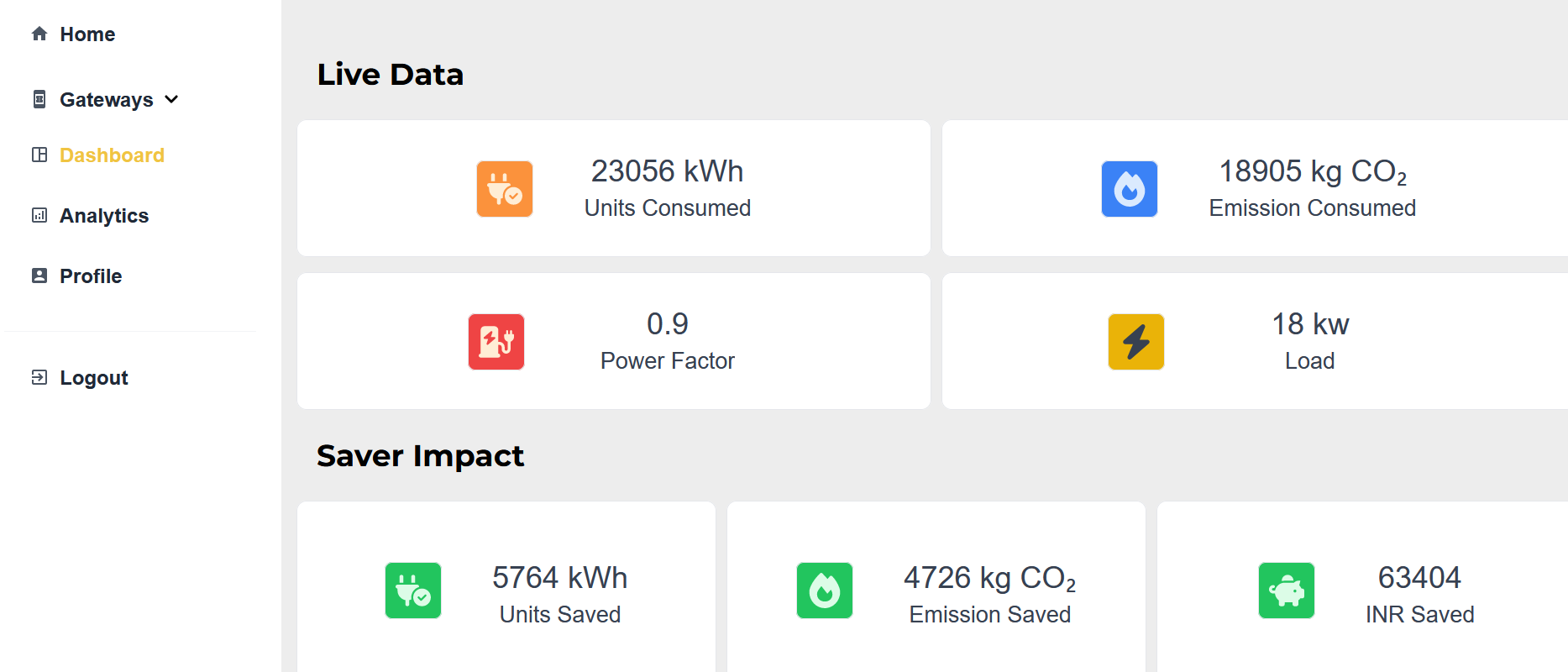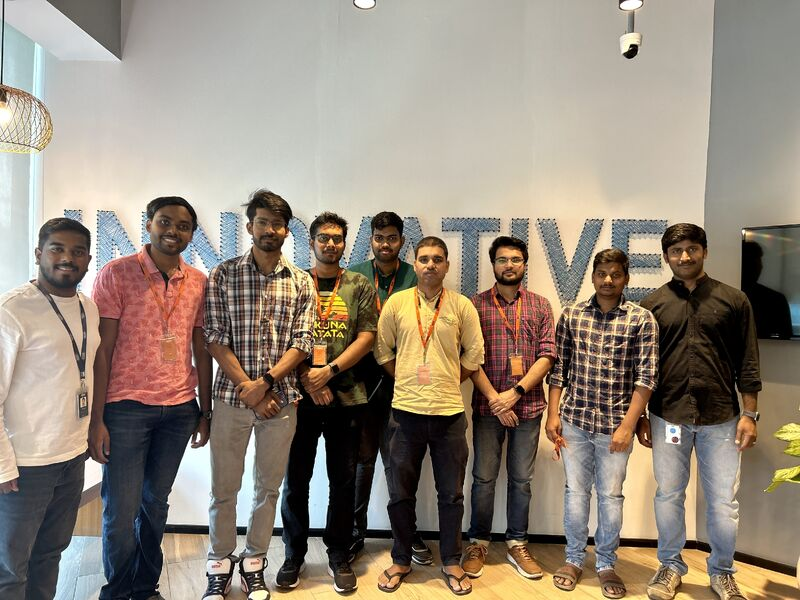
13 Jun AI Startup Zodhya saves AC bills without compromising comfort
Netflix had started its journey as a DVD mailing business but is now a streaming giant. The startup world is filled with similar stories of startups beginning their journey by addressing a market and then having to pivot to a new market opportunity and business model later in order to succeed. That is also the story of Zodhya Technologies, a Greentech Startup selected in AIC-IIITH’s EPAM Social Impact Innovation program (ESIIP) funded by EPAM India, which aims to provide complete solutions for which they can address different aspects of energy and environment and contribute to sustainability.
Zodhya started as a college project of three B-Tech students from IIT Madras, Rohith Pallerla, Adityanath D, and Sharathmani Chinnasetti. Their original aim was to save electricity charges by using automated LED lights. By the 3rd year of Engineering, they had developed a prototype and tested the same in their hostel. The three founders realized that they were not interested in ‘jobs’ and wanted to explore entrepreneurship. They converted their college project into a startup.

Zodhya founding team. From L to R: 1. Rohith Pallerla. Co-Founder and CEO ; 2. Sharathmani. Co-Founder and CTO ; 3. Adityanath. Co-Founder and CMO..
Just as every solution or tech innovation that an entrepreneur release is not necessarily a commercial success, a startup has to solve the problem of customers in order to succeed in the market. When Zodhya took its automated LED lights solution to the market and talked to potential buyers, they realized that the customers’ needs were different. The feedback they got was that lighting is not the major problem. In large commercial spaces, the main pain point was Air Conditioning. In commercial spaces, up to 60% of energy consumption was from air conditioners. This was an area with the highest potential for energy savings and hence money. Moreover, the founders’ research revealed that there was no solution available in the market at the time.
This perfectly lined with the core motivation of Rohith, Aditya, and Sharath for starting Zodhya. They had entered the innovation space to develop tech which helped the environment and meet the needs of modern society. Carbon dioxide emissions from electricity consumption in buildings constitute ⅓ of global carbon emissions. Realizing that a major chunk of this electricity demand was not from lighting but from AC they pivoted.
Founders tell that throughout their entrepreneurial journey, they received excellent support from their alma mater IIT Madras. While their course was in Chemical engineering they had open access to labs, teachers, and PhD students from other streams that helped them develop their solution. With support and resources from their college, they began to iterate.
First, they used an IOT device to understand the usage of AC. While this provided users with data on electricity inefficiencies in AC and Hatchback units it did not solve the problem. A more complete solution was needed. Hence they added AI/ML and mechanical solutions to their device to provide users with an easy-to-use complete plug-and-play solution. Their goal was to provide users with value from day one.
‘Saver,’ their solution attaches to AC units externally and reduces power consumption by 30%. A unique feature of their device is that it starts electricity saving from day one. Moreover, it can be retrofitted to old devices.

Saver
Saver uses an AI-based algorithm to understand the minimum energy needed by the AC unit to work at the performance level set by the user. Then it controls energy consumption to allow for more efficient usage of electricity. User comfort is not compromised as units still provide the performance required by the user.
Since launching in 2017, the founders had first bootstrapped the startup with the support of IIT, Madras including providing them with minor courses in areas like management and finance. Slowly their efforts gained traction. They received a seed grant of INR 1.5 cr from Rainmatter in 2021. Their startup was also recognised by WWF (2019) and HYSEA (2022) and they were selected for the T-Hub incubation program which provided them with the right connection.
In 2023 they have 3 paying clients and are working on further improving their offerings. They joined AIC-IIITH’s ESIIP program in December 2022. The program support is allowing Zodhya to prototype better and faster “Soul,” their real-time energy usage and prediction dashboard which helps monitor electricity usage and savings. In April 2023, they visited EPAM’s LEED-certified office in Hyderabad to understand a commercial space and learn about EPAM’s innovation in energy and environmental efficiency.[1]

Soul Dashboard
At present their major challenges are developing product road maps and securing finance for their tech products. While the startup ecosystem has definitely helped, Zodhya feels that at present getting help is complex and the ecosystem may not meet the speed of a startup.
Running a startup has also had a positive impact on the founders’ lives. Adityanath thinks it has given him a more stable outlook to life and he does not get excited or depressed with successes and failures, respectively, and maintains a level head through all ups and downs. Rohith thinks that running a Startup has improved their communication and presentation skills and made them more conscious of their actions.

Zodhya team at EPAM INDIA’s Hyderabad office
In the next 18 months, Zodhya is aiming to reduce emissions by 1 million tons of CO2 by saving energy consumption. Rohith, Adityanath, and Sharath Mani want to take products outside India and contribute to global climate action internationally. Their long-term vision is to develop technology that can address different aspects of energy and the environment. So that they can build or contribute to a sustainable future.
This is the 1st part of #StartupImpactStories series on Social Startups supported by AIC-IIITH’s EPAM Social Impact Innovation program (ESIIP) funded by EPAM India. You can see the full series here.
[1]https://www.linkedin.com/feed/update/urn:li:activity:7052246004292603904


